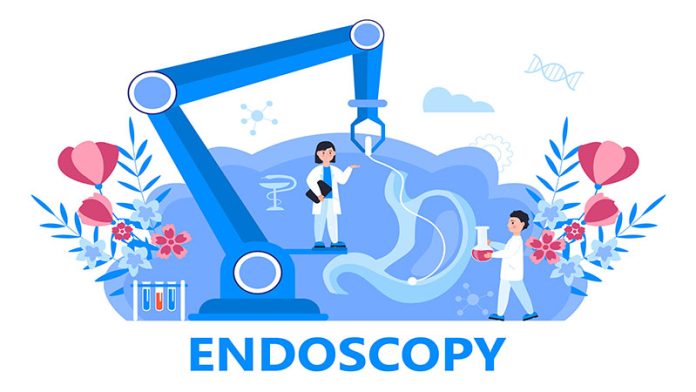
An endoscopy is a non-surgical medical procedure that involves the insertion of a long, flexible tube known as an endoscope into the patient’s body. At the end of this tube is a camera that allows medical professionals to examine the patient’s digestive tract. Doctors usually request endoscopies to identify gastrointestinal tract diseases, such as gastroesophageal reflux disease (GERD), peptic ulcers, structural issues like blocked esophagi, and others. Endoscopies also help doctors check for any masses, malignancies, and other irregularities in the gastrointestinal tract.
What Is Endoscopy Procedure?
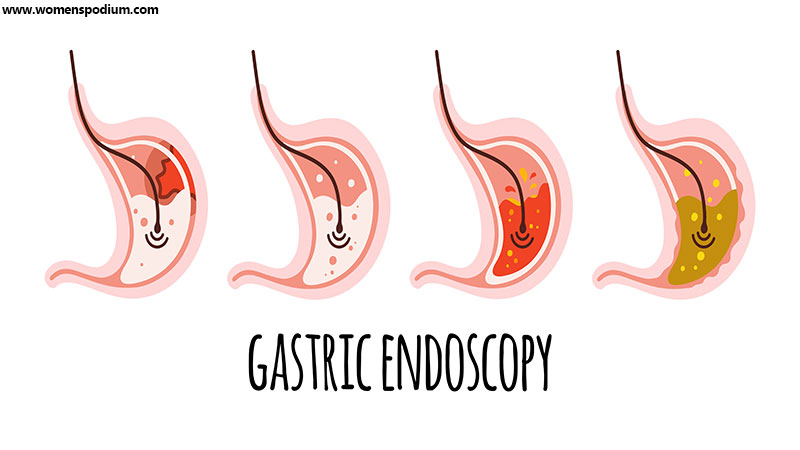
There are many types of endoscopies, which are differentiated in terms of which region of the body they involve. In an upper gastrointestinal (GI) endoscopy, for instance, the endoscope is inserted through the patient’s mouth and down the oesophagus. This provides a view of the stomach and the upper part of the small intestine, called the duodenum. The procedure is also known as an esophago-gastro-duodenoscopy or a gastroscopy. Another common type of endoscopy, called a colonoscopy or a lower gastrointestinal endoscopy, involves inserting the endoscope through the anal opening.
Endoscopy Procedure Preparation
Whatever type of endoscopy you may be about to undergo, taking a few steps to prepare can help the procedure go more smoothly. Alongside the specific instructions you receive from your doctor, these general tips about endoscopy procedure preparation should help you get ready:
1. Discuss Any Pre-existing Medical Issues
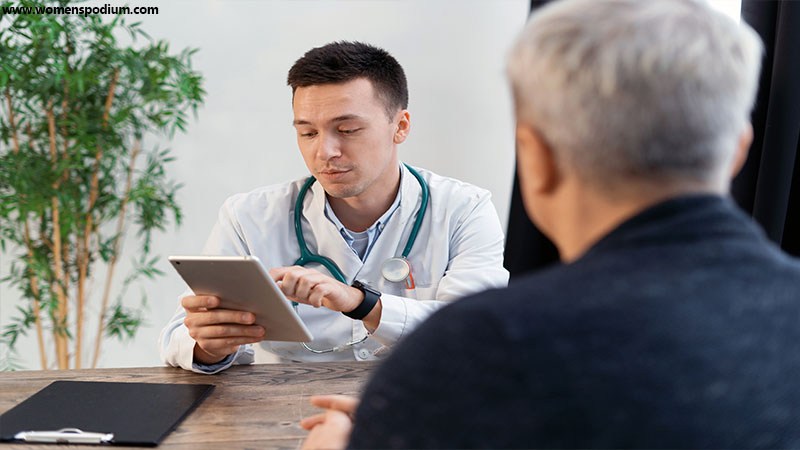
Complete knowledge of your health situation will help your doctor determine what precautions they need to take to perform the endoscopy as safely as possible. If you’re currently pregnant or have any health issues, especially severe conditions like diabetes, cancer or heart disease, it’s best to inform your doctor of these right away.
2. List Out Allergies And Medications

You should also let your doctor know about any over-the-counter or prescription medications you take on a regular basis. Some medications like aspirin, warfarin, and anti-inflammatory drugs may raise your risk of bleeding during an endoscopy. Meanwhile, medications that cause drowsiness may interfere with the sedatives used during the procedure. Lastly, many antidepressants and antianxiety medications could also affect your response to these sedatives.
If you’re taking any of the above, your doctor may advise you to reduce your dosage or stop taking certain medications altogether before the procedure. Do not, however, make any changes to your dosage independently without explicit instructions from your doctor.
Do also disclose any allergies you might have to your doctor, as this will help them determine what drugs they can safely use on you during your endoscopy. Naturally, they’ll take care to avoid anything that may cause a potentially harmful allergic reaction.
3. Read Up On The Procedure
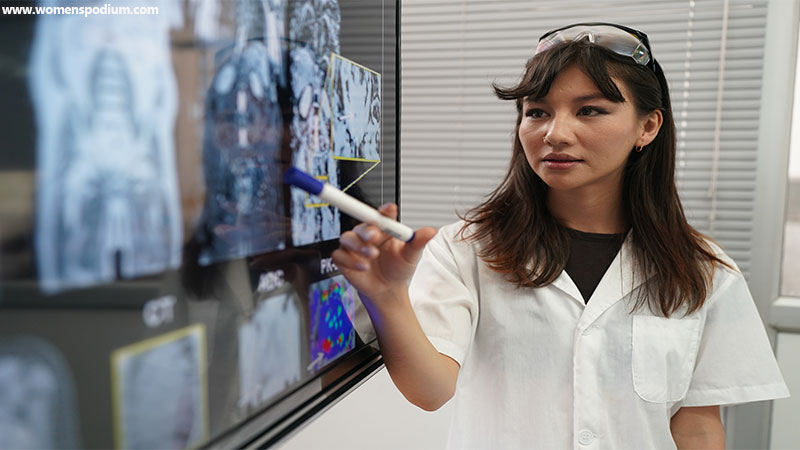
Keeping yourself informed about what endoscopies do, their possible risks and complications, and even the step-by-step process may be good for your peace of mind going into the procedure. Just make sure you’re getting information from reputable, dependable sources. Your doctor is probably the best person to ask about the procedure, as they’ll be able to give you information about your specific health situation about the process, in addition to more general facts. Don’t hesitate to discuss any questions or concerns you might have with them before undergoing your endoscopy.
4. Get Someone To Take You Home Afterwards
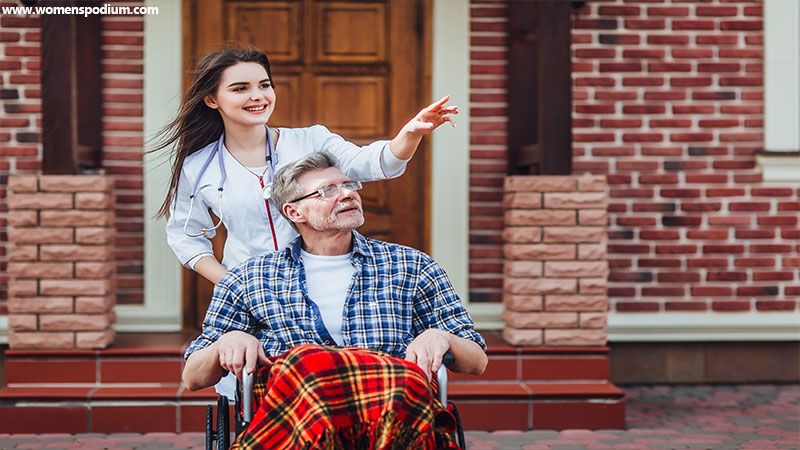
The narcotics or sedatives administered to help you relax during endoscopy can keep you drowsy, groggy or lightheaded for a significant length of time afterward. Under these conditions, it’s not safe for you to drive or take public transport on your own once the procedure is over. Before going in for your endoscopy, arrange for a friend or family member to drive you home. Some medical centres may not even allow you to undergo the procedure unless you’re able to secure a ride home ahead of time.
5. Prepare Any Necessary Paperwork Beforehand
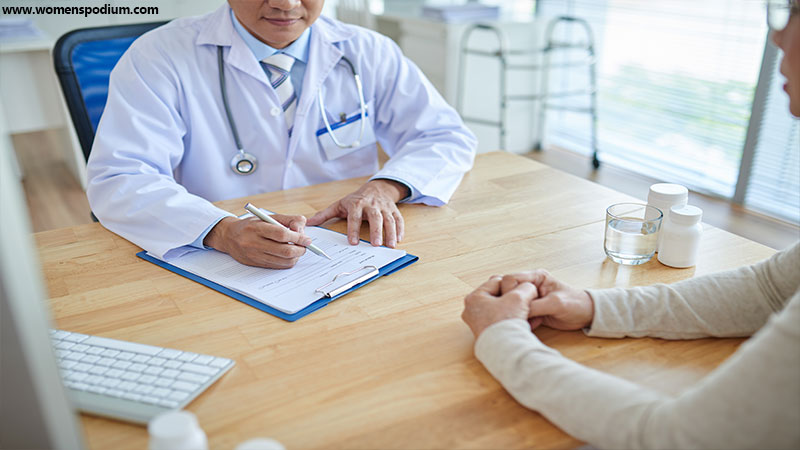
Your doctor will probably ask you to fill out a consent form and some other paperwork before undergoing an endoscopy. Accomplish these forms and file them all together the night before your scheduled date. You’ll also want to put them in the bag you intend to bring right away so that you don’t forget them.
6. Skip Food And Drink The Night Before The Procedure
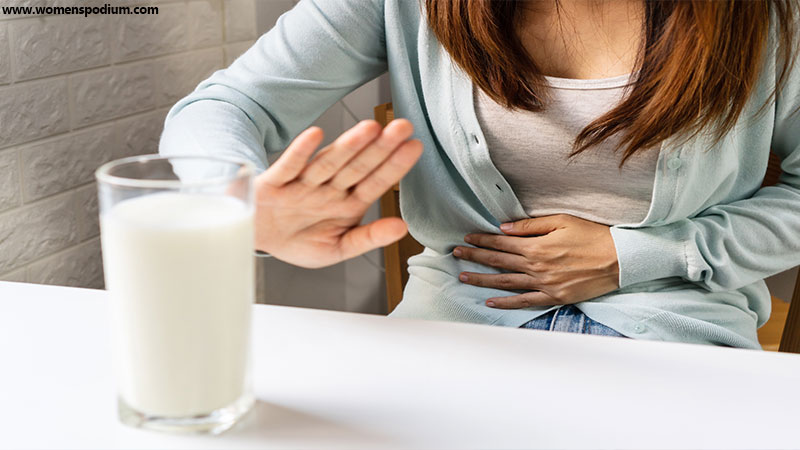
You’ll probably get the instruction to fast—that is, to stop eating or drinking—past midnight on the night before your endoscopy. In most cases, you should still be able to take in clear liquids like water, apple juice, black coffee, and broth after midnight, up to around 6 hours before your procedure. Still, just to be safe, confirm your doctor’s specific fasting instructions the day before the endoscopy and follow them to the letter.
7. Dress Comfortably

Though you’ll be sedated during the procedure to help you relax, dressing in soft, comfortable clothes will also go a long way toward mitigating any discomfort you might experience. Don’t wear or simply skip jewelry to avoid them becoming any obstruction on your clothes or interfering with the doctors during the endoscopy. If you wear glasses or dentures, your doctor will also probably ask you to take these off right before the procedure.
8. Take Time Off

Don’t attempt to return to your routine right after your endoscopy. The effects of the medication may take time to wear off, and you may also feel some soreness or discomfort in the affected areas afterward. It’s best just to take time off work or school until you find yourself fully recovered.
Though invasive medical processes like endoscopies can be intimidating, knowing what to expect can help ease any stress or nervousness you might be feeling before your endoscopy. Knowing the types of endoscopies or what steps you need to take in endoscopy procedure preparation also gives you the best chance of a safe and successful experience.
Also Read: No one wants to pay special visits to a psychiatrist until the water reaches the red point. That is why surfing these daily habits. They would help to improve your mental health naturally.





